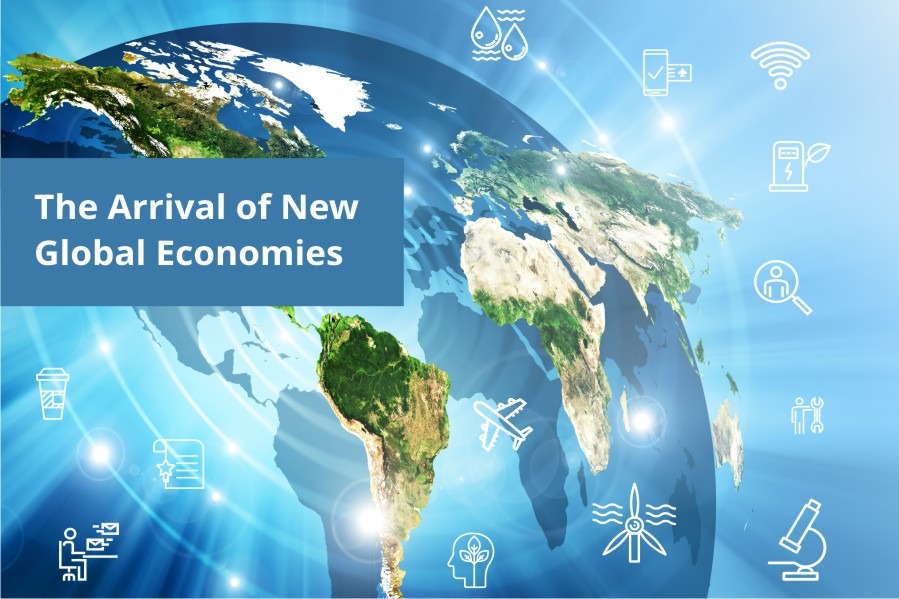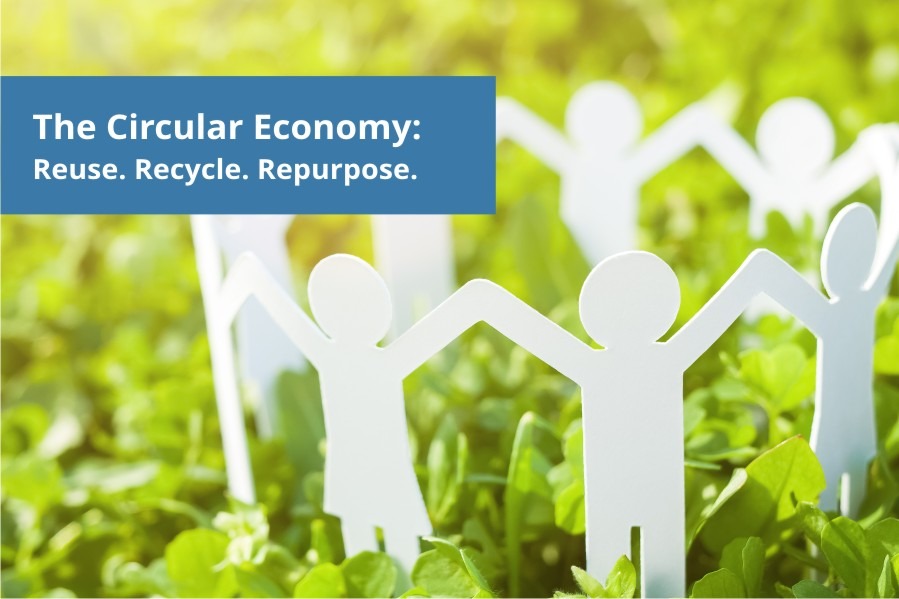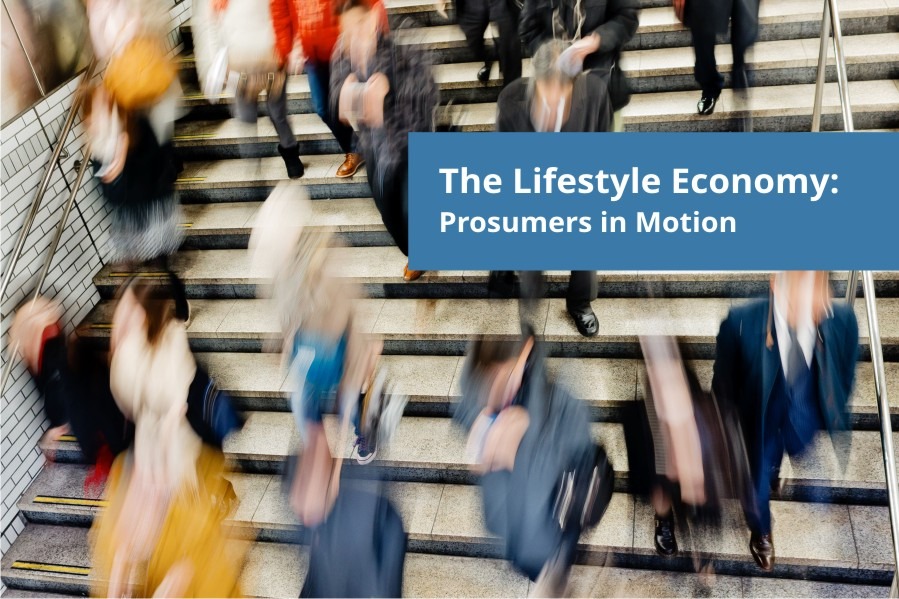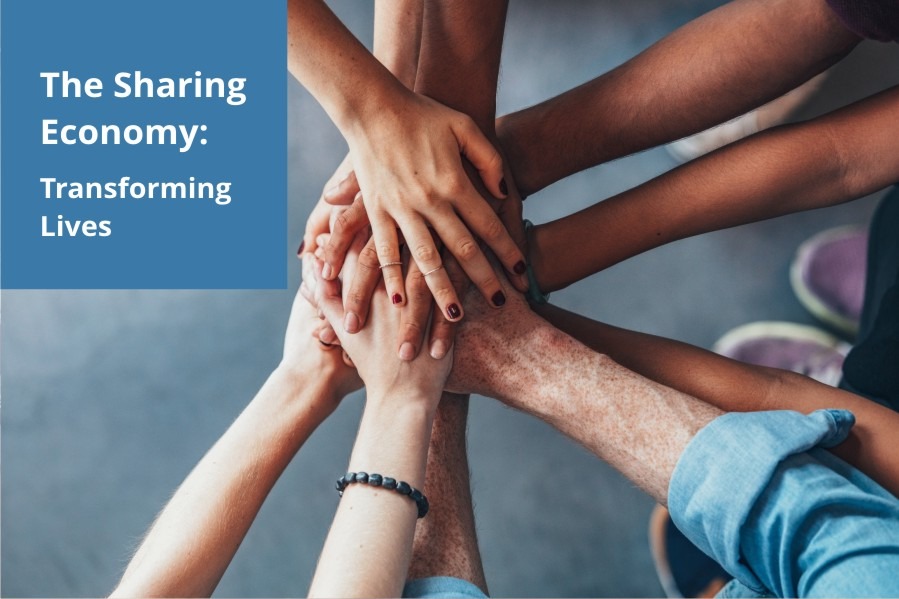The Arrival of New Global Economies
All across the globe, new economies are rapidly emerging from traditional or classical economies. This is primarily as a result of the transition of a manufacturing-based economy to a service-based one. It is also a reflection of a new technology landscape that has evolved to enable and empower the individual to play a role in defining as well as contributing to the creation of products and services with global influence. These new economic systems are growing at an exponential rates. They cross over traditional industry sectors, market capitalizations and economic regions.
In many markets and sub-segments of markets, the rise of prosumers is producing a dynamic, interlinked eco-system where they are the primary driver of several new macro-level economies. This remarkable transformation shows how economies are becoming more interconnected, even though the industries that they encompass are quite diverse.
We refer to it as the Prosumer Economy Spectrum. It is composed of five individual emerging economies that are linked primarily because they derive significant revenue from customers who cultivate, co-create and consume the products and services that support the development of the new economy.
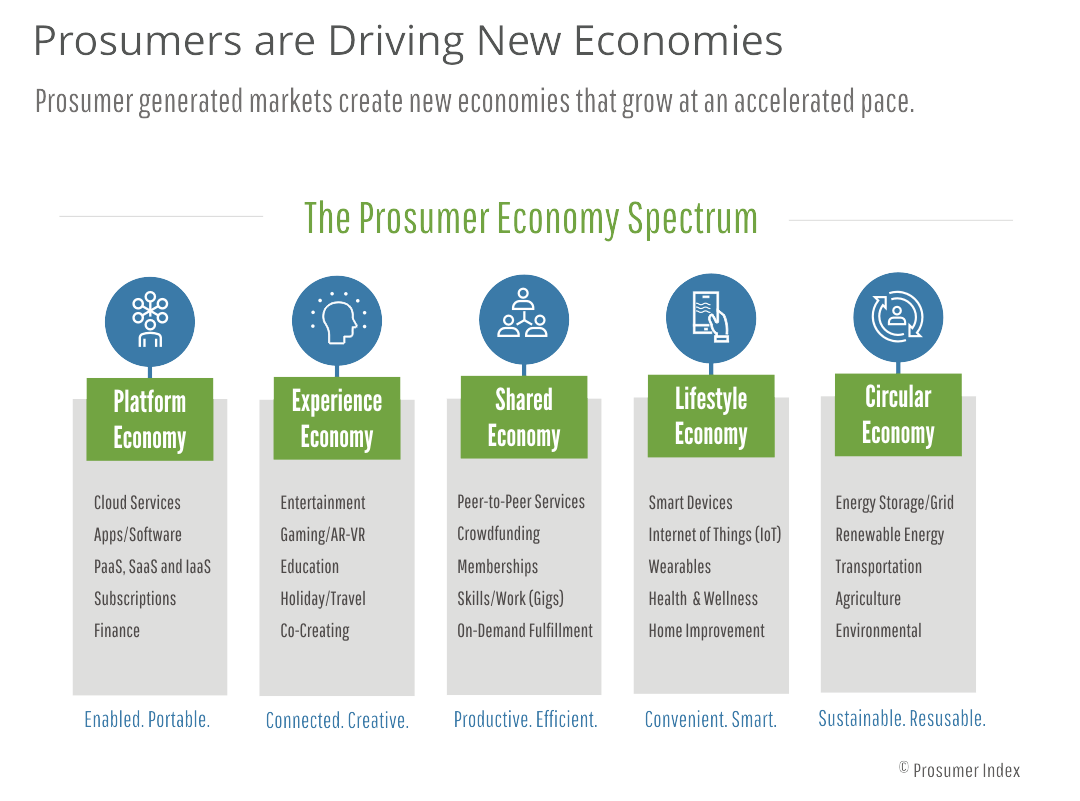
The 5 Key Prosumer-Driven Economies are:
- The Platform Economy – Facilitates the ability to allow consumers and producers to directly connect to create economic and social transactions. Eligible Sub-segments include: Cloud Services, Apps/Software, PaaS, SaaS and IaaS, Subscriptions and Finance.
- The Experience Economy – Establishes the ability to gain fresh insights, self-discovery, and experiential events and have engaging interactions. Eligible Sub-segments include: Entertainment, Gaming/AR-VR, Education/Online -Learning, Holiday and Leisure Travel, Co-Created solutions.
- The Sharing Economy –Empowers individuals to connect through apps or web-based platforms that enable interconnected communities to get what they need from each other. Eligible Sub-segments include: Peer-to-Peer Services, Crowdfunding, Memberships, Skills/Work (Gigs) and On-Demand Fulfillment.
- The Lifestyle Economy – Classified as having exposure technologies and solution-based products that enable individuals to cultivate ways of living that reflect their preferred social and economic status. Eligible Sub-segments include: Smart Devices, Internet of Things (IoT), Wearables, Health/ Wellness Solutions and Home Improvement.
- The Circular Economy – Benefits from technologies that encourage sustainable development and, recovered/ reused resources. Eligible Sub-segments include: New Energy Storage/Smart Grids, Renewable Energy, Transportation, Agri-Tech and Environmentally-Friendly Solutions.
Reshaping the New Economy Landscape
As global markets are currently at an inflection point between the Third and Fourth Industrial Revolutions, the role of prosumers has become one of innovators and disruptors that are transforming these new economies and establishing them as economic powerhouses for the 21st Century. While the full impact of the prosumer-driven ecosystem has yet to be realized, the benefits to society that prosumers will bring is has enormous potential.
Learn About the Prosumer Related Economies
PLATFORM ECONOMY | EXPERIENCE ECONOMY | SHARING ECONOMY | LIFESTYLE ECONOMY | CIRCULAR ECONOMY
Share Prosumer Index
Impacting Innovation. ProsumerIndex.com is an independent research site focused on identifying and following innovative prosumer-driven thematic trends that are driving the new economies and impacting global markets. This article is for informational purposes only and to provide general knowledge about Prosumers, related brands and companies. We do not provide investment advice or product recommendations. The information on this site should not be used as a substitute for business, professional financial, legal, accounting or tax guidance.

